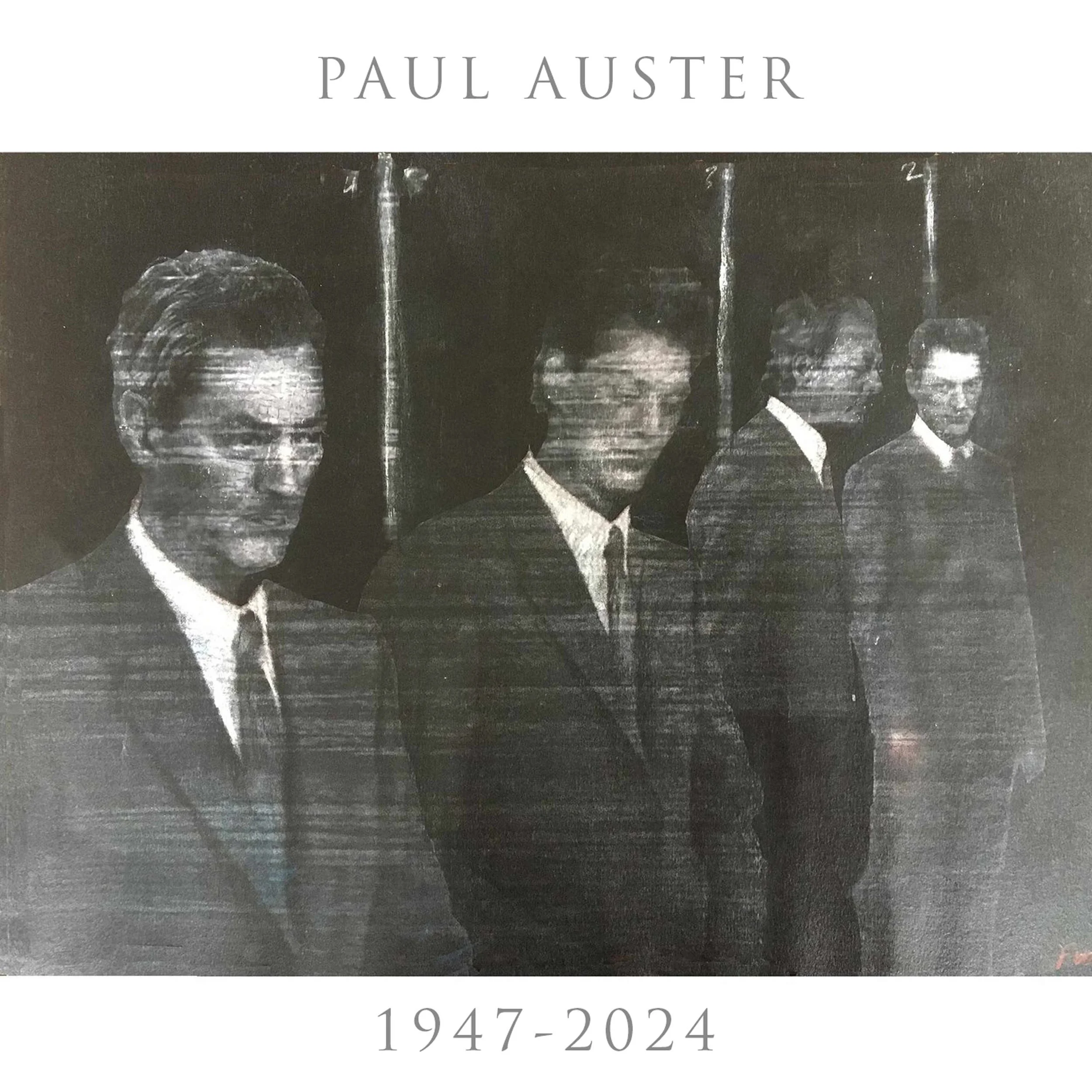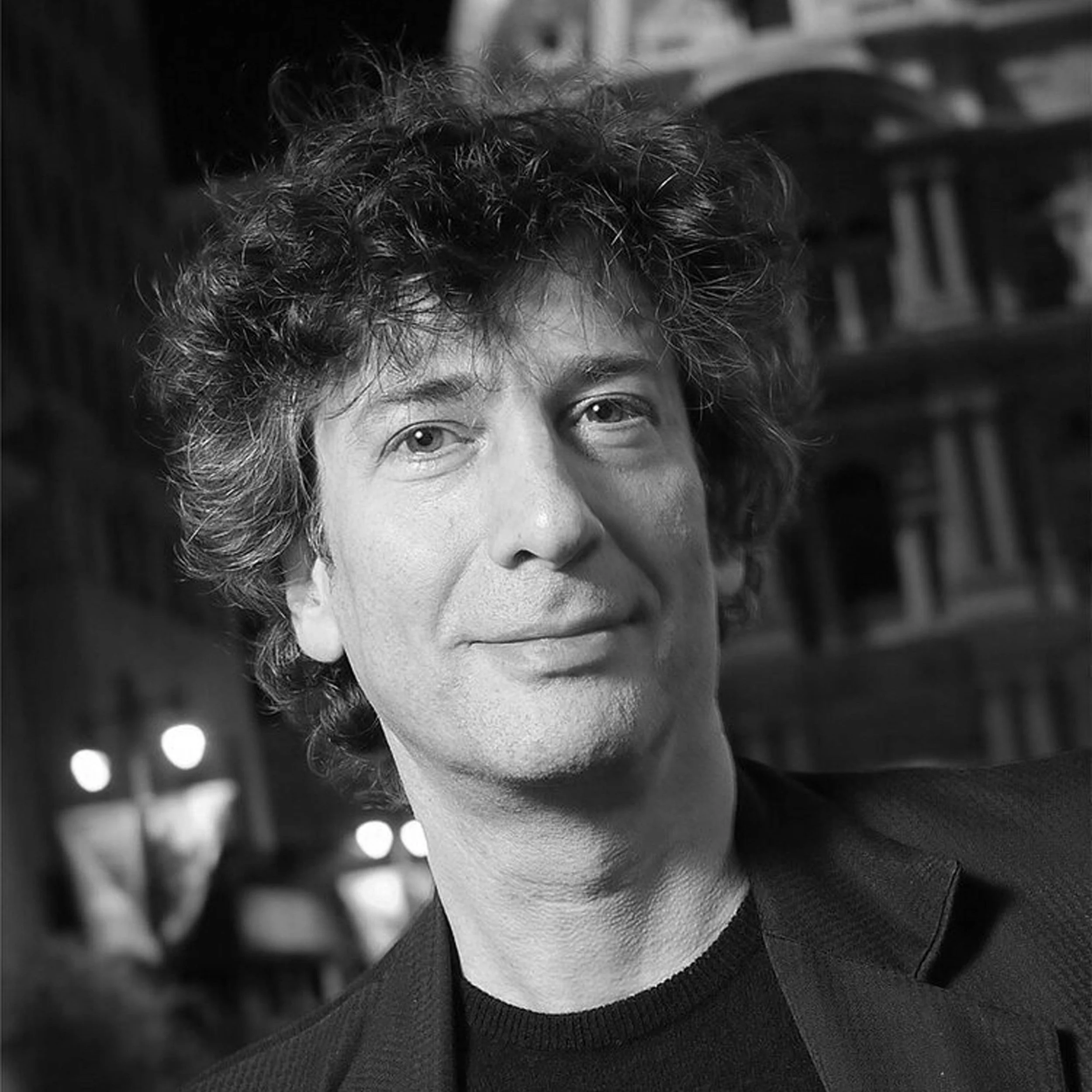From Charlotte's Web to Fried Green Tomatoes: Bringing Beloved Classics to Screen w/ Producer JORDAN KERNER - Highlights
/Jordan Kerner is a widely acclaimed film and television producer. He is president and founder of The Kerner Entertainment Company, which is committed to high quality, value-oriented, provocative entertainment. Most recently, Kerner was engaged to develop and produce a film adaptation of Clifford the Big Red Dog. His previous films include The Smurfs, Charlotte’s Web, The Mighty Ducks, Fried Green Tomatoes, and When A Man Loves A Woman. Kerner is also a dedicated custodian of his community-- he is involved with such organizations as Planned Parenthood, RiverLA, and the Starbright Foundation.
Mia Funk is an artist, interviewer and founder of The Creative Process.









